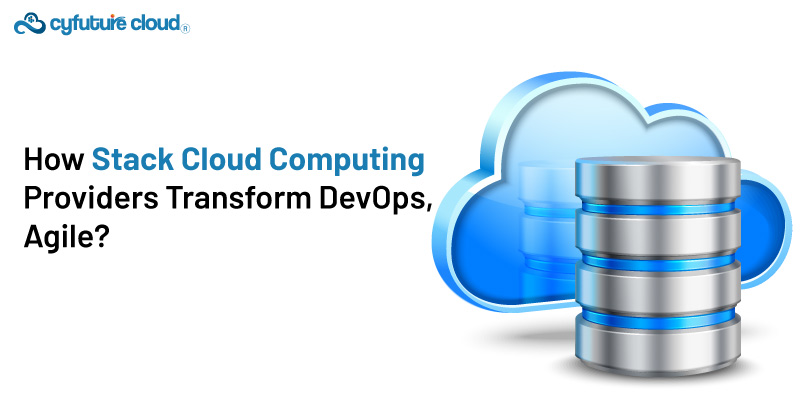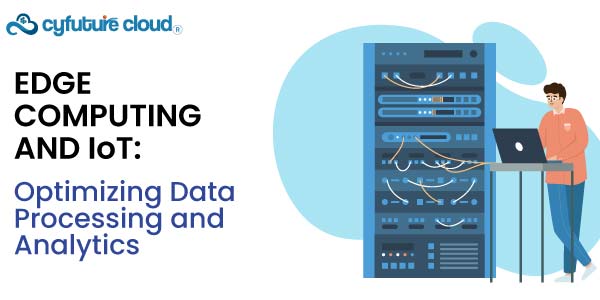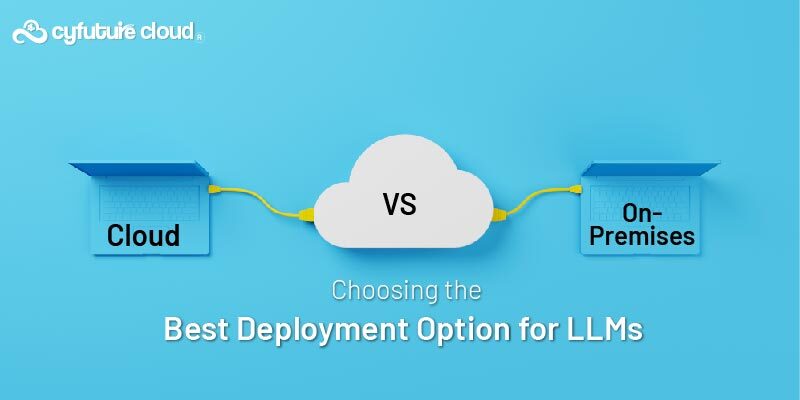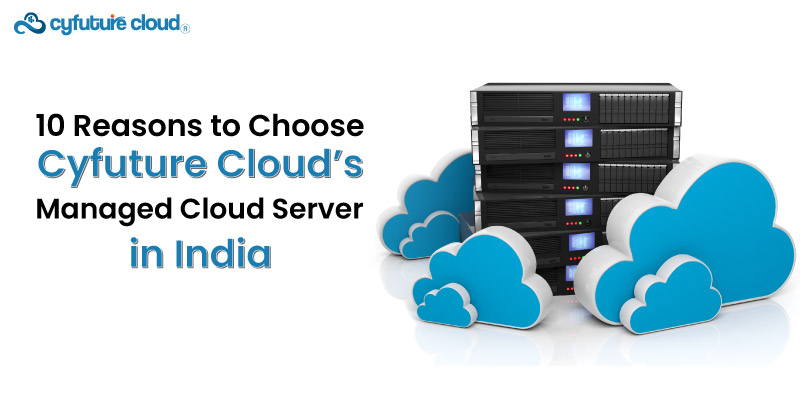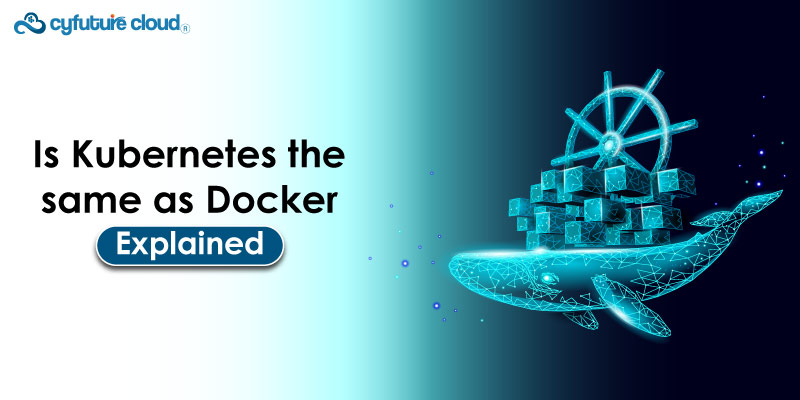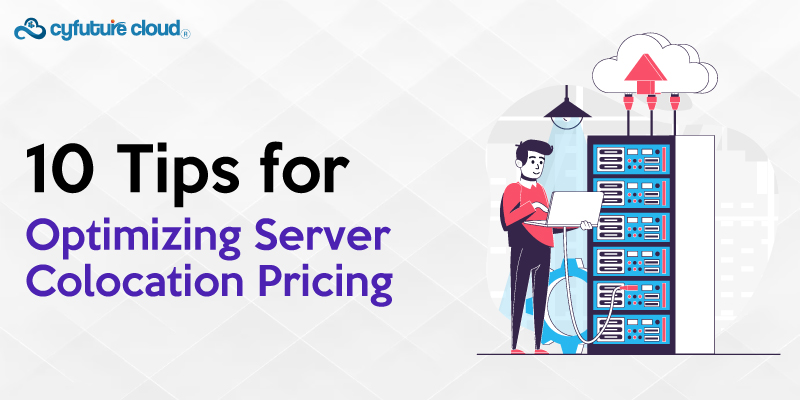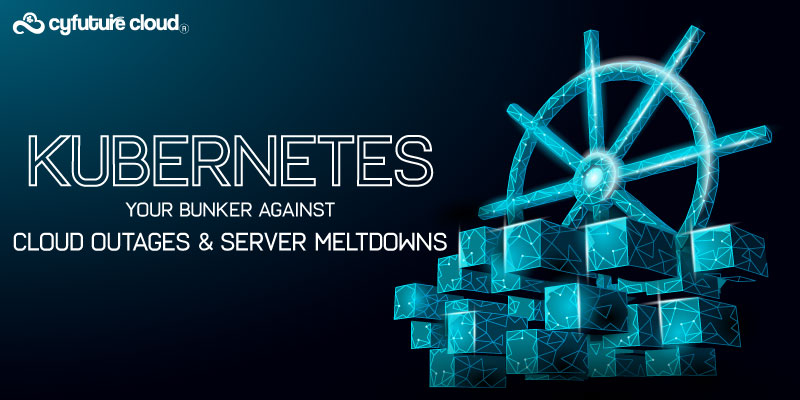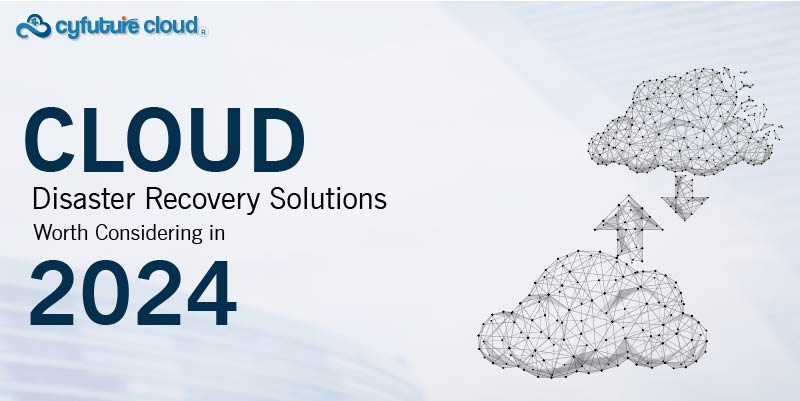Table of Contents
The method we store data has significantly changed over the years, starting with the development of cathode-ray tubes in 1947 and progressing through cloud-based online storage in 2006, the first 1 TB hard drive in 2009, and other innovations.
There are several data storage options available today, and which one is best for your company will depend on the volume and sensitivity of the data you’re storing, the size of your company, the projected rate of growth of your company, and your budget.
A medium-sized business or a single independent contractor will undoubtedly have quite different needs than a major multinational corporation or a government agency. The latter two as well as cloud storage options will be the main topics of this article.
You can also look in for CDN Cloud Services from expperrts like Cyfuture Cloud.
Diffference Between Cloud Computing And Cloud Storage
Cloud storage in India services are essentially very sizable data centres spread around the globe that can be accessed online. Data saving to an off-site storage system run by a third party is referred to as cloud storage. Instead of being stored on your computer’s hard disc, data is saved to a distant database.
On the other hand, you have probably already utilised cloud computing without realising it. Facebook, Twitter, Gmail, Flickr, Instagram, YouTube, Gmail, Google Drive, and Microsoft OneDrive are just a few examples. All of these are instances of cloud computing platforms.
Both cloud computing and storage make use of the Internet to perform tasks that you formerly performed on your personal computer’s hard drive, such as word processing and photo editing. A network of connected computers stores the data that you modify from the device of your choice.
Virtualization is a crucial component of cloud computing and storage. The computing power, memory, and storage of a machine can be divided into several smaller units using virtual machines, each of which runs its own operating system. This makes it possible to distribute computing resources more effectively.
In Comparison to hard disc storage, why choose cloud storage?
Did you know that compared to hard disc data storage, cloud storage has a number of benefits? Let’s investigate!
For instance, it enables you to access your data from any location where your device can establish an Internet connection. You can start working on a project on your computer at home, revise it while riding the train, and then go into a meeting with a laptop already set up and ready to use.
You may also provide others access to the data with the correct storage system, facilitating simple cooperation. Cloud storage is intended for private use by both individuals and small and medium-sized businesses. It provides portability and collaboration while also ensuring automatic data backup, so you no longer have to worry about forgetting to save a document or losing your work in the event that your device malfunctions.
What makes the cloud storage in India so useful?
Most of us find it difficult to keep track of our storage space. Either we either waste time browsing through previously stored material and deleting it, or we must purchase additional external storage.
Others may not be able to afford to purchase pricey software that they won’t use frequently, thus choosing cloud storage results in savings on servers, networks, bandwidth, power, cooling, office space, and the professionals required to install, operate, and manage the setup.
Data is stored on hardware at a distant physical location utilising cloud storage, which is accessible online from any device. Instead of or in addition to keeping files on your own hard discs, you send them to a data server run by a cloud provider.
Infrastructure as a Service (IaaS) is a type of cloud computing in which large, complex computing infrastructure is made accessible to smaller businesses by companies like Amazon and Google (consider Amazon e-commerce sites); Platform as a Service (PaaS) is a type of cloud computing in which developers create online applications for specific user groups; and Software as a Service (SaaS) is a type of cloud computing in which customers use software over the internet.
Therefore, you can connect to a remote infrastructure in both cloud computing and cloud storage through the Internet, but in computing, the infrastructure also comprises pooled processing power and software.
As a result, you receive access to the processing power of a sizable network of supercomputers and don’t have to worry about updating and maintaining your software and systems.
Where does the data end up?
Whatever you put in the cloud or use it for is stored on specialised servers that are housed in warehouses, frequently on campuses with plenty of those types of warehouses. They are known as data centres, and the cloud service companies that care for the servers own them.
Your data must be physically protected from loss and destruction at a data centre in order for it to be accessible whenever you need it. To maintain a steady and dependable service, these warehouses must run large cooling systems to stop the electronics from overheating and include backup generators in case of a blackout or power spike.
Online Backup
It is important to remember that cloud backup differs from cloud storage. While the backup is specifically for data recovery, cloud storage complements your local and network storage and boosts productivity.
You should ask yourself what you want to happen in the event of a computer or server failure and how long you need to store backups before deciding which cloud backup service to utilise.
Both local and cloud storage are ideal for the majority of small enterprises. By storing your data in different places, you can protect it while still feeling secure in the knowledge that it is physically present.
Should You Cloud or Not?
Problems with storage space can be difficult to resolve. Some companies make investments in internal data centres and larger hard discs. Others could choose to delete data permanently after deciding on data expiry dates.
Although there are a few things to watch out for with cloud storage, most small- to medium-sized enterprises will eventually migrate to it.
In conclusion, cloud storage has more benefits than traditional storage. In an era where remote work is the norm, cloud storage is more affordable, practical, scalable, contains automated saving, and facilitates collaboration. Additionally, it enables you to execute necessary programmes and applications online, saving you money, time, and storage.
Send this to a friend

 Server Colocation
Server Colocation CDN Network
CDN Network Linux Cloud Hosting
Linux Cloud Hosting Kubernetes
Kubernetes Pricing Calculator
Pricing Calculator
 Power
Power
 Utilities
Utilities VMware Private Cloud
VMware Private Cloud VMware on AWS
VMware on AWS VMware on Azure
VMware on Azure Service Level Agreement
Service Level Agreement 